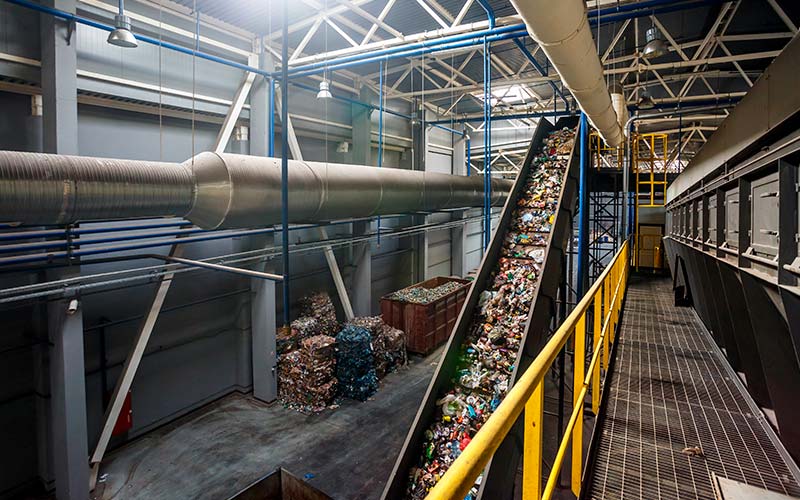A Green Deal for Water and Sanitation Utilities: The Future of Sustainable Water Services
This is the second installment of the Topic of the Month 'Shaping a resilient and net zero water supply and sanitation sector: the dawn of a revolution?'
Water supply and sanitation (WSS) utilities face pressing water risks including too much, too little, and too polluted water, as well as the risk of undermining the resilience of freshwater systems. To ensure sustainability and resilience, the sector must rethink its economic and operational models. The EU Green Deal provides a framework for WSS utilities to transform their approach, aligning with carbon neutrality and circular economy principles.
A New Model for Water Utilities
This evolving service and financing model focuses on:
- Prosumption of renewable energy – WSS utilities are integrating solar, wind, and biogas energy production to reduce operational costs and carbon footprints.
- Green investments over grey infrastructure – Prioritizing nature-based solutions, such as wetlands for water purification, to enhance efficiency and reduce environmental impact.
- Circular economy practices – Utilities are exploring wastewater heat recovery, sludge-to-biogas conversion, and treated wastewater reuse to create sustainable revenue streams.
Case Studies: Innovation in Action
- The utility Vivaqua (Belgium) has diversified its revenue by charging for fire hydrant services, implementing wastewater heat recovery, and installing solar panels aiming to cover all or part of the energy needs of the sites where the panels are installed. It also recovers energy from a dissipation valve through turbines that produce electricity reinjected into the grid and billed to Elia (the electricity utility).
- The utility Anglian Water (England) developed its own roadmap to become a fully carbon neutral company by 2030. This strategy includes removing or offsetting residual emissions by planting 50 hectares of woodland on Anglian Water sites, and exploring nature-based solutions in 30 different sites. In 2020, Anglian Water produced 131 GWh of energy from renewable sources through bio-resources, solar and wind, thus saving 230,000 tonnes of carbon.
- The Denmark’s Water Authority incentivizes climate adaptation investments by increasing revenue caps for utilities taking proactive sustainability measures.
- For the third regulatory cycle expanding from 2020 to 2023, the WSS regulator in Italy, ARERA, introduced innovative and multi- sector measures aimed at energy and environmental sustainability which include specific performance-based financial incentives to promote energy efficiency, plastic use reduction, energy and raw material recovery, as well as wastewater reuse.
The Path Forward
The transition to sustainable WSS services requires strong regulatory support, innovative business models, and cross-sector collaboration. By integrating green energy, efficiency incentives, and circular economy solutions, water utilities can future-proof their services while supporting Europe’s ambitious climate goals.
Learn more
A Green Deal for water and sanitation utilities to rejuvenate the service delivery and financing model – Technical report
This paper gathers four case studies to illustrate some characteristics of this rejuvenated service delivery model, identifying current practices implemented by two WSS operators (one in Belgium and one in England) to cope with falling billed volumes, diversify their activities and sources of income, and integrate into their investment policy a mix of green and grey investments, and/or investments aimed at decarbonization and the development of circular economy practices that ultimately aim to reduce operating costs. This paper then describes current practices employed by some regulators to support, incentivize and financially reward water and sanitation utilities that implement, voluntarily and beyond their regulatory obligations, water demand management strategies, decarbonization projects, climate change adaptation or resource conservation projects, and/or more stringent wastewater treatment efforts.






